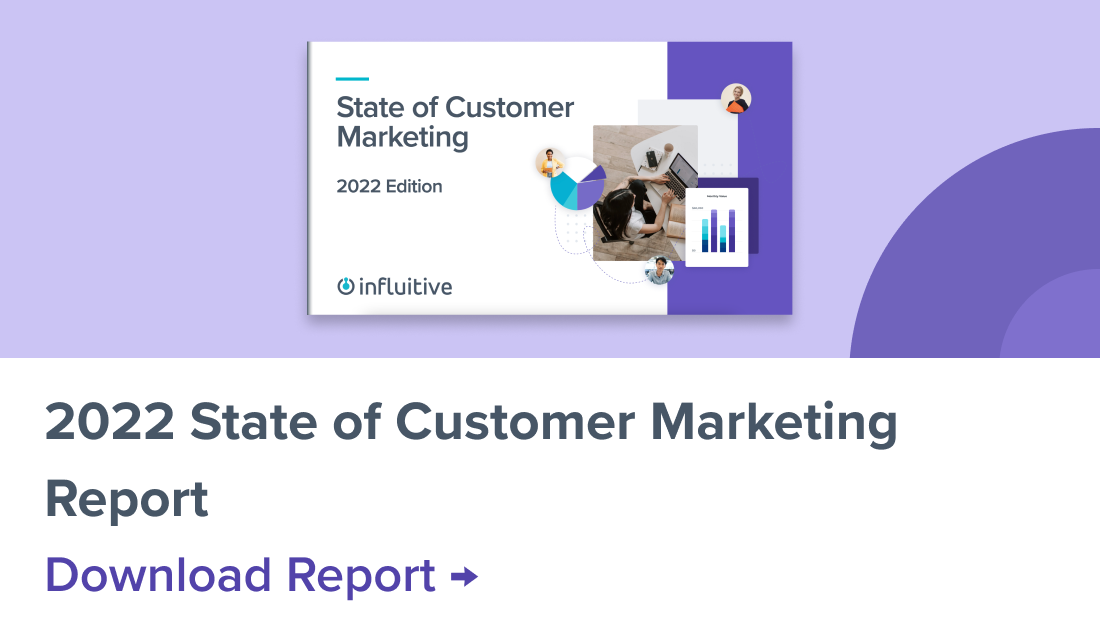Lots of companies ask influential outsiders to advocate on their behalf, with the hopes that it will grow their reach and generate new leads in a (seemingly) organic way.
And it makes sense in these digitally-connected times. People often seek the opinions of their peers online before they make a purchase (including B2B buyers).
However, influencer marketing can also go horribly awry. Just ask the famous models who helped promote Fyre Festival.
What promised to be one of the most luxurious music festivals ever quickly descended into chaos due to poor event management. And attendees didn’t hesitate to voice their disappointment on social media.
Hey @GordonRamsay what would you rate #fyrefestival gourmet meals? pic.twitter.com/SYJIgwAIYp
— Rain Man (@omgRainMan) April 28, 2017
Expectations vs. reality
Influencer strategies can be powerful for generating word of mouth and social proof for B2C and B2B marketers—when they’re done authentically.
However, leveraging well-respected, quasi-celebrities in your industry who have large, cult-like followings isn’t the only option.
Instead of influencer marketing, brands should focus on advocate marketing.
Advocates are customers, employees and partners who have first-hand experience with your company and absolutely love it. (Not people paid to promote something they may or may not be passionate about.) Their voices are equally (if not more) powerful as a single influencer—and their passion isn’t manufactured or bought.
Below, we’ve outlined the differences between these two marketing tactics, and give advice for how they should be deployed in a marketing strategy. This should help you avoid a misstep that could lead to a PR fyrestorm. (Sorry, we couldn’t resist!)
Profile
Influencer marketing: Influencers are thought leaders, popular bloggers or journalists, authors, speakers, consultants or analysts who are considered trusted sources to your target audience because of the reputation they have built for themselves within their industry.
Advocate marketing: Advocates are your most vocal evangelists who are already big fans of what you do. Thanks to their first-hand experience working with you, they’re your best references and they often send plenty of strong referral leads your way.
Network
Influencer marketing: Influencers can help expand your reach to people who have not heard of your brand because of their large number of followers. Unfortunately, influencers don’t always have very strong ties with their huge audiences, so it’s difficult to estimate how much of an impact their endorsement will actually have.
Advocate marketing: Your advocates’ networks and reach will likely be smaller, but they are filled with peers with whom they tend to have strong relationships. They key is to mobilize advocates at scale rather than on a one-by-one basis so they flood the marketplace with their passion for your brand.
Habits
Influencer marketing: Influencers will share your content if you make it available to them and it’s relevant to their audience and objectives. They want to build clout within their community, so stroking their ego by giving them an exclusive on a product release, report or story angle may get their attention.
Advocate marketing: Advocates willingly create authentic, positive reviews and recommend you through word-of-mouth to their peers because they’re cheerleaders for your brand. They consider themselves an extension of your team and will do almost anything to help you out. As human beings, they still have their own motivations, of course, but they won’t need to be convinced that it’s a good idea to advocate for your company. Their genuine enthusiasm for your product can’t be beat. As long as you keep them happy with your product or service, they’ll speak up for your brand whenever you need it.
Challenges
Influencer marketing: Getting the attention of influencers can be tough. Most influencers are solicited an average of 10 times per week by brands, and 27% of influencers receive between 10 and 99 requests per week (according to Technorati). Measuring the payoff of leveraging them can be hard to determine. They also have their own brand to build, so don’t expect the love fest to continue after your campaign with them is over.
Advocate marketing: Identifying, mobilizing and tracking your advocates at scale over the long term can be difficult if you don’t have a formal advocate marketing program in place as well as the advocate marketing software required to support it. You are unlikely to see the results you desire without a solid strategy in place and a platform that both helps you organize your program as well as optimizes the experience for your advocates.
So, which is better: influencer marketing or advocate marketing?
The truth is each strategy has its own benefits, and marketers should employ both to maximize their results.
However, for long-term success, an advocate marketing strategy is necessary. While an influencer may be able to provide a big lift on a single campaign here or there, advocates will continually refer new business, accelerate the sales process, amplify your best content and more day in, day out.
Their authentic commitment to your brand can be a way more powerful force for your business than a boat full of models—er, we mean social media stars.










































